Interview: HUGHIE & KRAPP'S LAST TAPE's Steven Robman Back to Directing His First Love - Theatre

Already in previews at the Audrey Skirball Kenis Theater of The Geffen Playhouse, HUGHIE & KRAPP'S LAST TAPE (by Eugene O'Neill & Samuel Beckett, respectively), a double bill starring Brian Dennehy, will open November 14, 2018. I had the chance to chat with director Steven Robman, a frequent collaborator of Brian, as he was driving to a mid-day appointment.
Thank you for taking the time for this interview, Steven!
Do you prefer Steve or Steven? I see you credited as both.
Well, it's a mistake when they credit me as Steve. That's how I like to be addressed. But, in order to keep from having double mailings from the unions, I try to always have the credit as Steven. Sometimes I don't catch it when they change it. They think it's two different people - Steven and Steve.
I've had the pleasure of seeing some of your previous works -ABOVE THE FOLD at Pasadena Playhouse, HEDDA GABLER at Antaeus Theatre Company and UNDER THE LINTEL at the Geffen, where you'll be next. What is it about the Geffen that keeps it on your list of venues to create at?
Well, It's nice when they ask. That's one reason. I like the space. I actually like both spaces, but I like the intimacy of the Audrey Skirball Kenis Theater, the small theatre there. It's a theater that can command the services of very good actors. That's a big plus whenever you set out to do a show.
Could you describe the two characters Brian plays - Erie Smith and Krapp?
Erie Smith is a very small-time gambler and hustler in the late 20s in New York, who's been living in the same rundown hotel for, as he says, nineteen years. The guy's a loser, who'd love to be a player on the Big Step as he calls it, the New York gambling and gangster milieu. But he's never going to be that. He comes back one night, actually early in the morning at 4am after a four-day bender that he's been on. His only pal and confidante in the world was the old night clerk at this hotel who is named Hughie. When he arrives, he sees the new night clerk there. He sets out both to ostensibly tell him about his relationship with the old night clerk, but I think, very much hoping that he can turn this new guy to be the same contact, the same confidante, the same source of friendship that he had with the other guy. The lament is very touching when he goes through his story.
 In Krapp's case, we're talking about an elderly man whose habit has been to record his thoughts about the past year, every year. He sets out to do that one night. But before he does that, he decides to listen to a tape from thirty years beforehand. On that tape, he describes a very important event that occurred in that particular year, one that's kind of haunted him and obsessed him. The play is about the experience of him dealing with that story as he himself told thirty years before.
In Krapp's case, we're talking about an elderly man whose habit has been to record his thoughts about the past year, every year. He sets out to do that one night. But before he does that, he decides to listen to a tape from thirty years beforehand. On that tape, he describes a very important event that occurred in that particular year, one that's kind of haunted him and obsessed him. The play is about the experience of him dealing with that story as he himself told thirty years before.
Do you emphasis the differences in the two characters Brian plays (Erie Smith and Krapp) in the two one-acts? Or is your goal to highlight their similarities?
There is thematic similarity. In both plays, the action is the central character telling a story. In the case of Krapp, he's listening to a story he's told before and then amplifying with another story. In other words, not traditional plot action. Both are story-telling activities, above and beyond just coming to the theatre and watching the action of a play. In this case, the action is literally the telling of the story. To me, both of these stories sound very much like confessionals. Like a person trying to redeem themselves by virtual of telling the story, by virtual of getting it off his chest. I have this theory - virtually every story is a confessional of some sorts; whether you're telling it about yourself or even about other people. In an effort on my part and the set designer's part to graphically amplify our story or the point that I see, there are some small elements of the set that convey the confessional booth a little bit.
You've worked with Brian before (in THE STEWARD OF CHRISTENDOM and SAYS I, SAYS HE, both at the Mark Taper). You two must have a short-hand in communicating how to get the best results for a production, right?
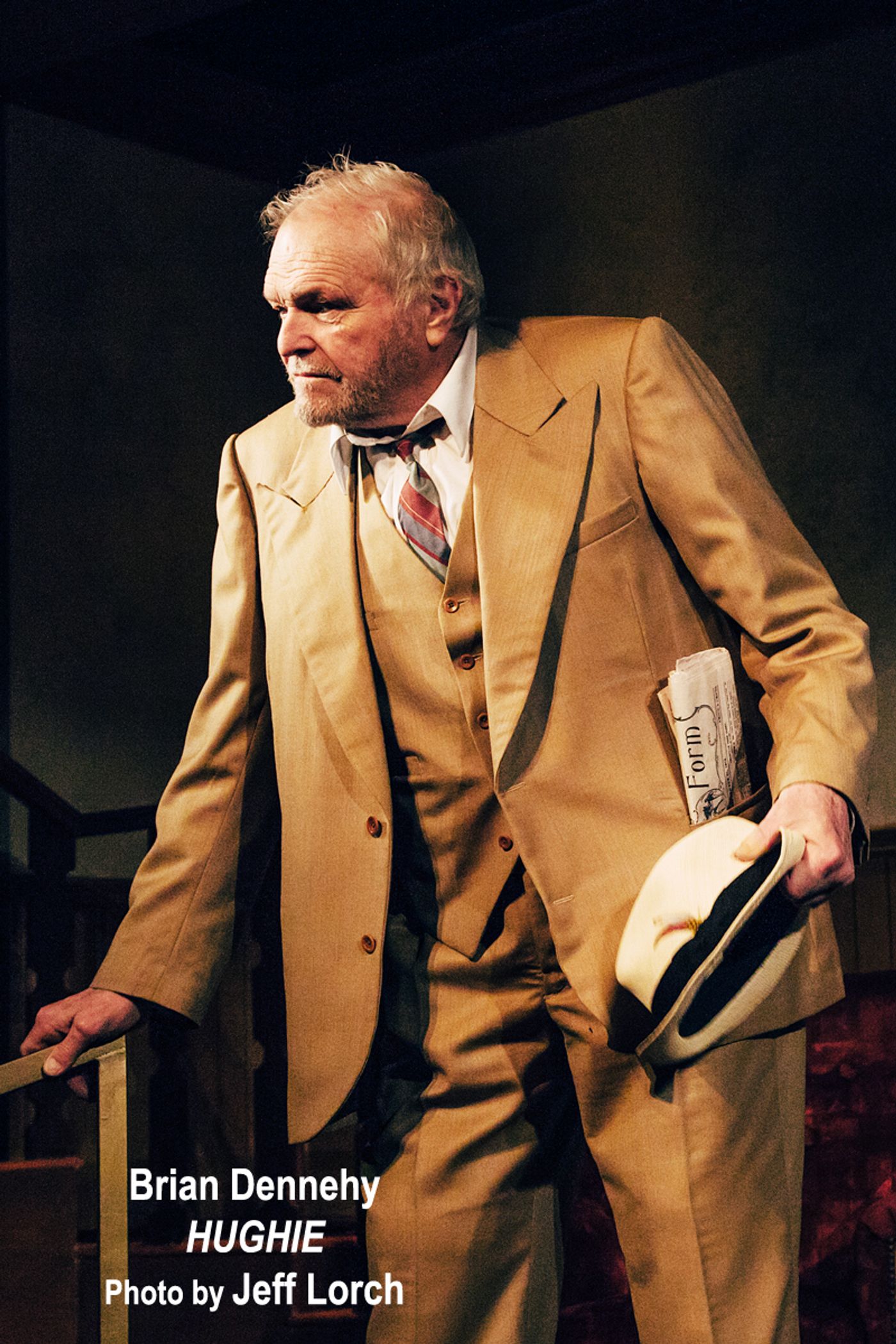 We've worked five or six times together. You do develop a shorthand. It varies from actor to actor. We do have it. We're both aware of our idiosyncrasies, our eccentricities, and we deal with those. That's not any different from any way a director would work with an actor with whom he's worked multiple times.
We've worked five or six times together. You do develop a shorthand. It varies from actor to actor. We do have it. We're both aware of our idiosyncrasies, our eccentricities, and we deal with those. That's not any different from any way a director would work with an actor with whom he's worked multiple times.
Brian seems to gravitate to works of O'Neill (He's done at least four O'Neill pieces.) Any select playwrights you have a magnetic pull towards?
I seem to have done a lot of Irish plays, which you might think is very strange because I'm very much not Irish. Brian, of course, is Irish and that is one of the reasons he gravitates toward O'Neill. That is why he's the quintessential O'Neill actor. He's done both of these plays on several occasions before, although not in the last ten years. I saw one of the productions in Chicago. A very good production where HUGHIE was directed by Bob Falls, the artistic director of The Goodman Theatre. And KRAPP'S LAST TAPE was directed by Jennifer Tarver, who was on staff at Stratford Ontario. Those were good productions. They were quite a while ago. I think the ten years of life experience on Brian, not to mention me, probably causes both plays to have a slightly different tone and flavor and arc.
We'll see, if anybody who's saw those two, maybe they can tell me whether it's true.
Have you worked with anyone else in this production's cast or of the creatives before?
The other person in HUGHIE is Joe Grifasi, who I not only worked with many times before, but was in my class from Yale drama school So we've known each other since 1970. He's done HUGHIE with Brian all the other times he's done it. I thought no reason for him not to do it again. I love him and we've worked together many times before. The first time Brian and I and Joe all worked together, in 1978 we did a play Off-Broadway called SAYS I, SAYS HE by Ron Hutchinson, that we later did at the Mark Taper Forum. But that play was the first time the three of us worked together. So in a way, we all saw this as a forty-year reunion. The fortieth anniversary of the three of us working together. And the fact that: a) We're still standing, and b) still speaking to each other - are two great feats.
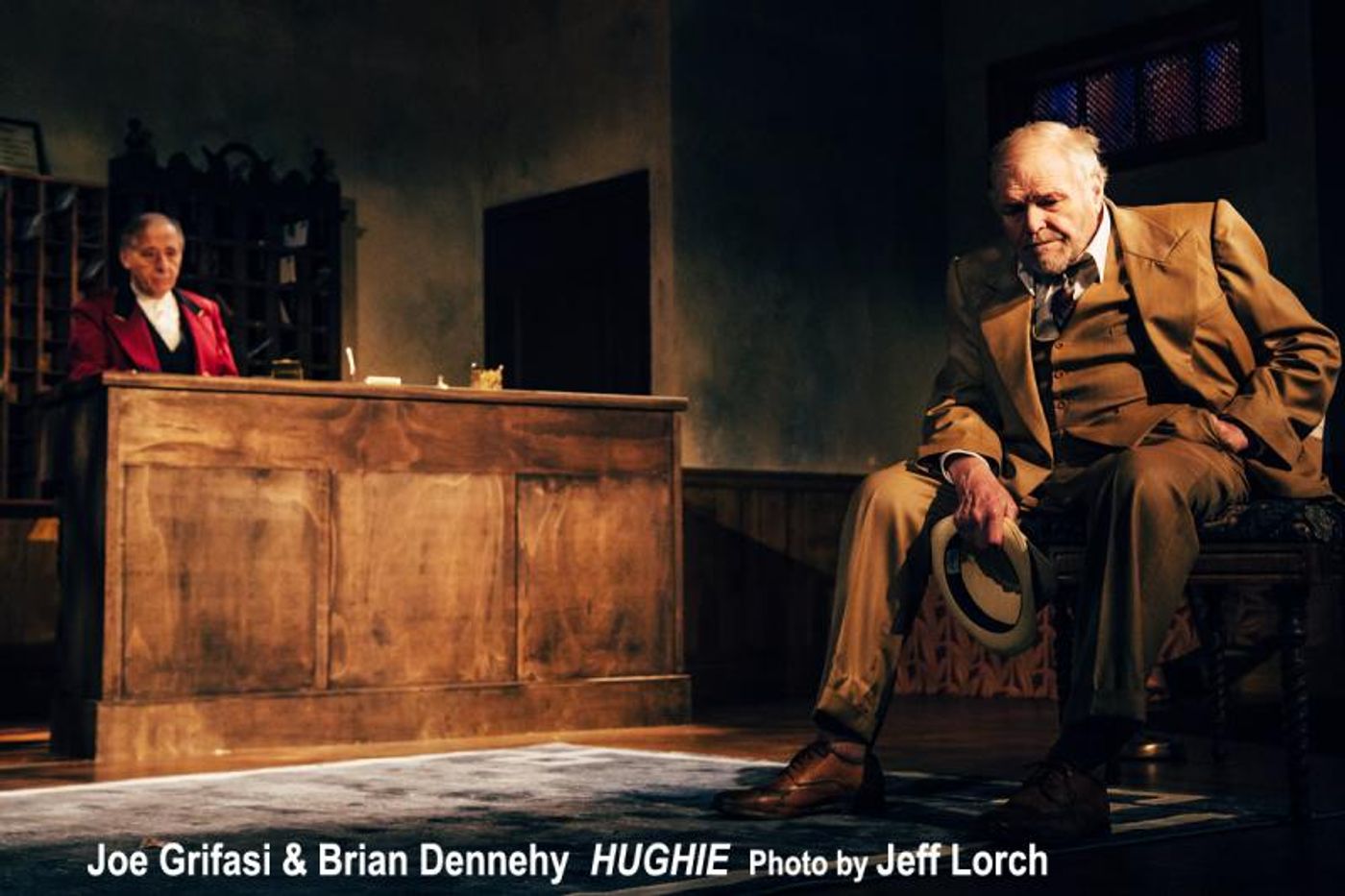 With a steady stream of television directing gigs, what aspects of a theatrical project pique your interest to give your directorial energies to?
With a steady stream of television directing gigs, what aspects of a theatrical project pique your interest to give your directorial energies to?
My television stuff was being wane a bit and it became increasing clear that it was time I retire. I was growing a little tired of it, frankly. It's physically, extremely demanding and I'm getting up there in age. I thought maybe time to hang up your cleats (or whatever you hang up) and moving out of television. Since my first love was always the theatre, I wondered if I could slide back into it. I managed to do it. It's been a great pleasure to come full-circle at working in theatre what I did exclusively for nearly fifteen years before I worked in television at all. I had the best of both worlds. I've been able to do pretty classy work in both the theatre and television.
So you're now back to your first love (compensation aside) - directing theatre.
I'm glad that I worked in television. Compensation, of course, is an extremely big attraction. But you do learn to make decisions very quickly because you have to in television. You have next to no rehearsal period. You're rehearsing for literally a few minutes before you shoot a scene in episodic television. Television movies sometimes you get a day or two of rehearsal. But certainly you never get the rehearsal you get in the theatre. So you and the actors have to make very fast decisions. That's carrying over to the theatre. I can sort out my thinking more quickly than I used to. I'm grateful for the television work, because it helped me with that and lord knows I'm grateful for the money. If they were both available to me all the time, I would probably mix it up a little. That is actually logistically difficult. You commit to one, you pretty much got to stay with it. You can sometimes jump back and forth. But that's a little tricky. So I moved from television back to theatre and this, I believe, is where I'll stay.
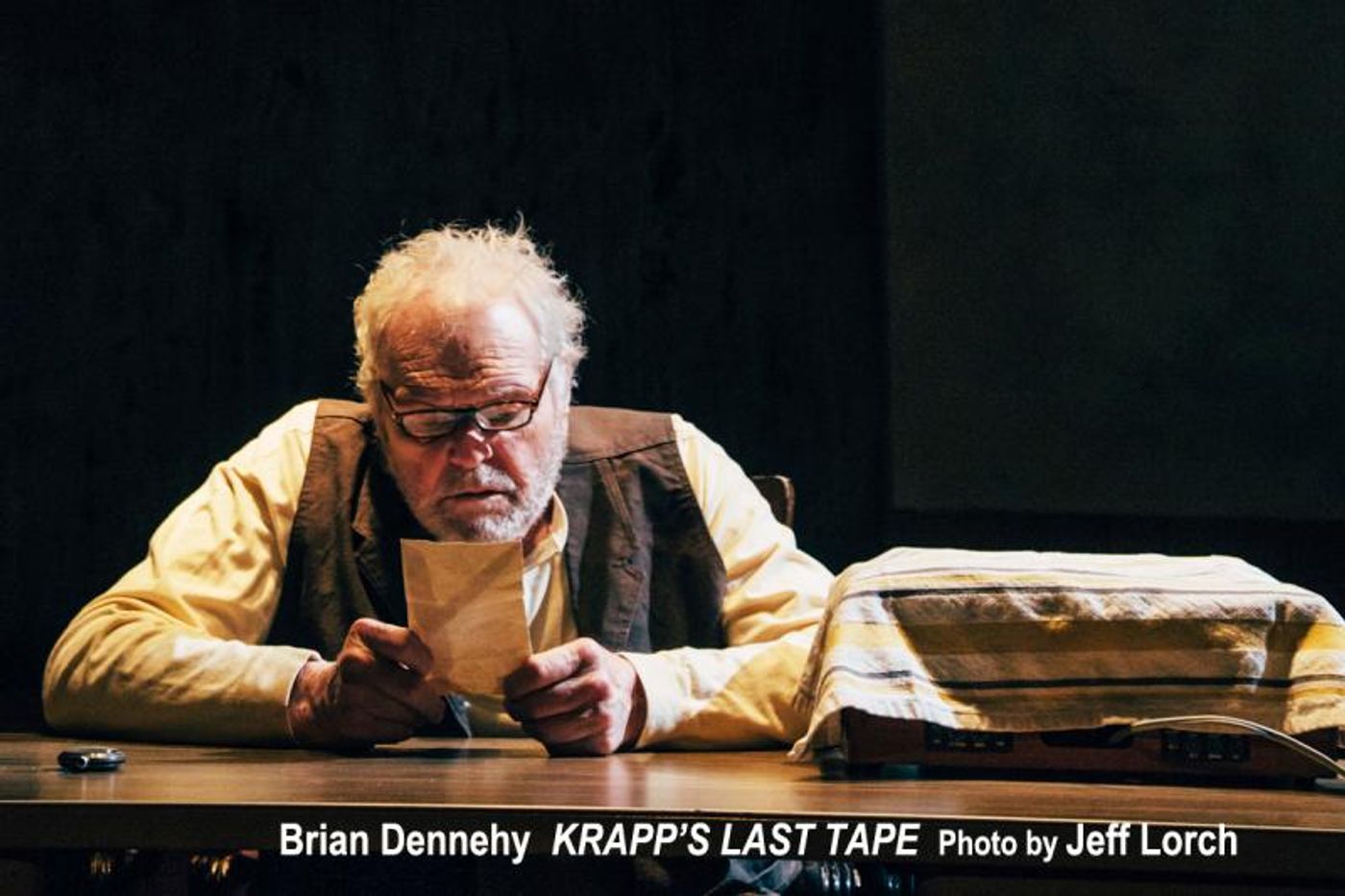 Have you multi-tasked, directing an episodic and a theatrical during the same time period?
Have you multi-tasked, directing an episodic and a theatrical during the same time period?
You can't literally work on one while you're working on the other. Long hours back-to-back. Don't know anybody who can do that.
Was there an overlap when you directed THE STEWARD OF CHRISTENDOM at the Mark Taper in December of 2013 and ABOVE THE FOLD at Pasadena Playhouse January 2014?
No. I finished one and moved right onto the other. Although I did a lot of the design work and casting work ahead of time for the second show. I've done that with the show I'm doing at Antaeus starting rehearsal in December. That is all cast and all designed. It is right now that I'm in the middle of the shows at the Geffen, I ordinarily would be doing that.
If you were addressing a beginning directing class full of eager students, how would you summarize the differences in directing actors in theatre vs. actors in television?
No difference, in my opinion. You still need to figure out what very characters wants and try to give it a lively way to get there. We don't have much rehearsal in television, so sometimes we don't explore as much. But frankly, when we're rolling and you do multiple takes of a scene, I'm not talking about forty or fifty of them, you can explore an approach in takes in a similar way you do in rehearsal in the theatre.
You've directed theatrical productions on both coasts. Any distinct qualities you can identify to distinguish a west coast audience from an east coast one?
Well, here's a difference I find going from city-to-city, as I have done a lot of theatre in. The demographics of a city often affects how an audience responds to a piece. There isn't as big an Irish population on the west coast or in southern California as there is either, for example, in Chicago or New York. So the chances are, you have to over-explain a little bit in southern California when you're doing an Irish play. On the other hand, if you're doing a play that has Hispanic characters or scenes, you can easily assume in southern California, everything that needs to be understood will be well understood.
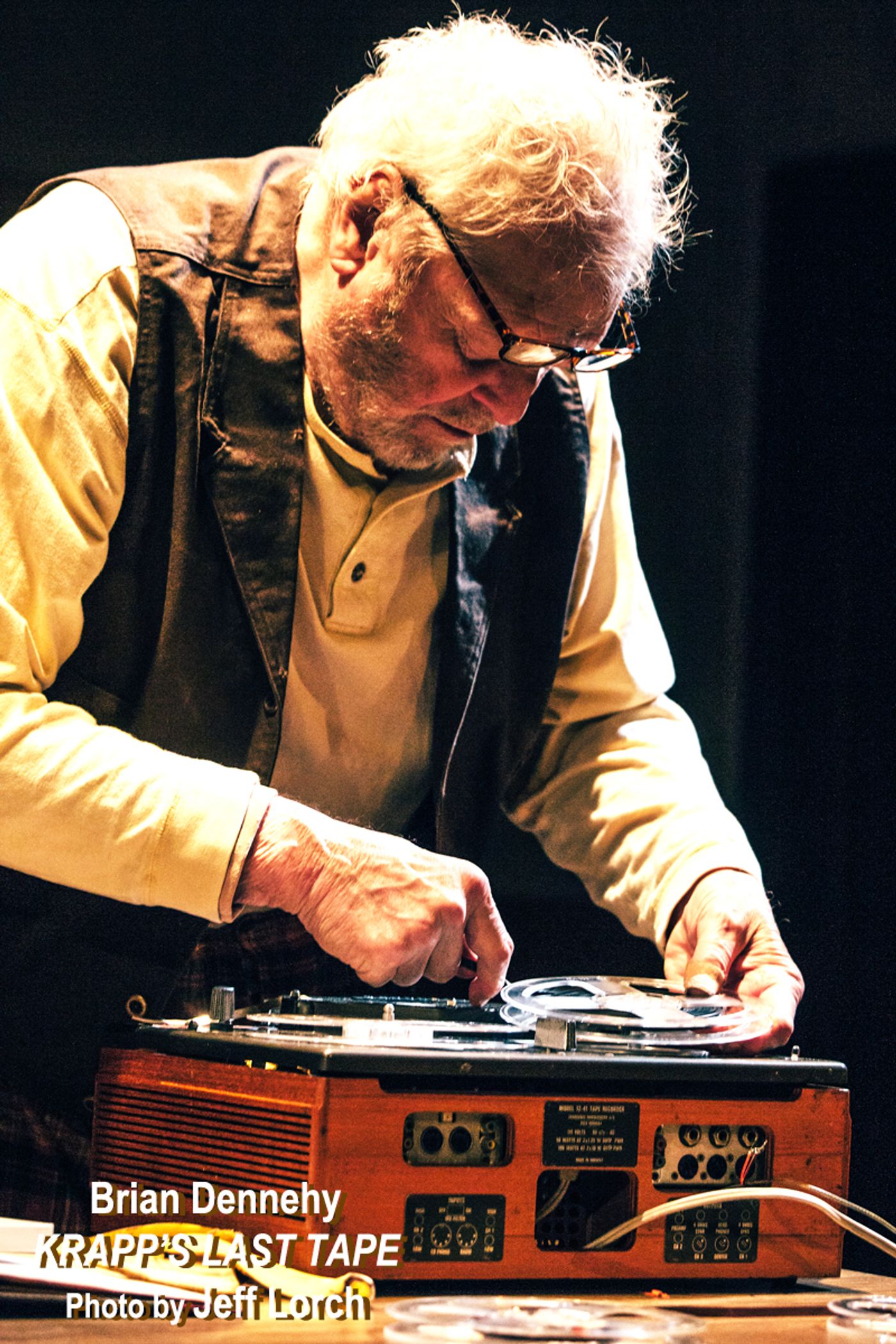 Some people think that because they have to get in their cars and drive home after a show in Los Angeles, and for the most part theatre-goers don't do that, say, in New York; that there's an impatience as the night grows longer in Los Angeles. I don't have any real evidence other than anecdotal to bear that out. So, I don't know if that's true or not.
Some people think that because they have to get in their cars and drive home after a show in Los Angeles, and for the most part theatre-goers don't do that, say, in New York; that there's an impatience as the night grows longer in Los Angeles. I don't have any real evidence other than anecdotal to bear that out. So, I don't know if that's true or not.
As you already mentioned, in January of next year, you'll be directing THE CRIPPLE OF INISHMAAN at Antaeus. What is it about Antaeus Theatre Company that keeps you going back to work with them?
That is a fabulous company of actors who are committed to doing plays even when the siren call of television or film is being heard in their ears. That means a lot. We double cast at Antaeus because we know that somebody is going to get a job for a few days or a week that will take them out of rehearsals or even out of performance of the play. But even so, all these people commit to a lengthy rehearsal period. You do have to rehearse a little longer with a double cast, six weeks instead of four weeks for a non-musical. And then there's the run which is four or five, even six weeks sometimes. That people would commit themselves to that for very little financial compensation, but really just for the pleasure of doing it. That's a great thing. A wonderful company, occasionally we cast somebody outside the company. I've cast eighteen people in my show. That's nine people in a cast times two. And I think fifteen or sixteen of them are company members.
Any particular actor or actress that you haven't worked with before that you'd love to direct on the theatrical boards?
Well, I'll do a slight variation on your question. In the early 80s, I directed John Lithgow in a one-man show that he conceived about George S. Kaufman (KAUFMAN AT LARGE). I directed that at the Old Phoenix Theatre in New York, an Off-Broadway theatre at that time. In fact, I believe I was the artistic director at that time. We had not been able to work together since and I often say, "Can we get Johnny Lithgow to be in this?" And, of course, he's humongously busy with Broadway shows and movies and TV shows. I don't know if we'll ever work together again, but I'd liked to.
You also frequent A Noise Within with your directorial talents.
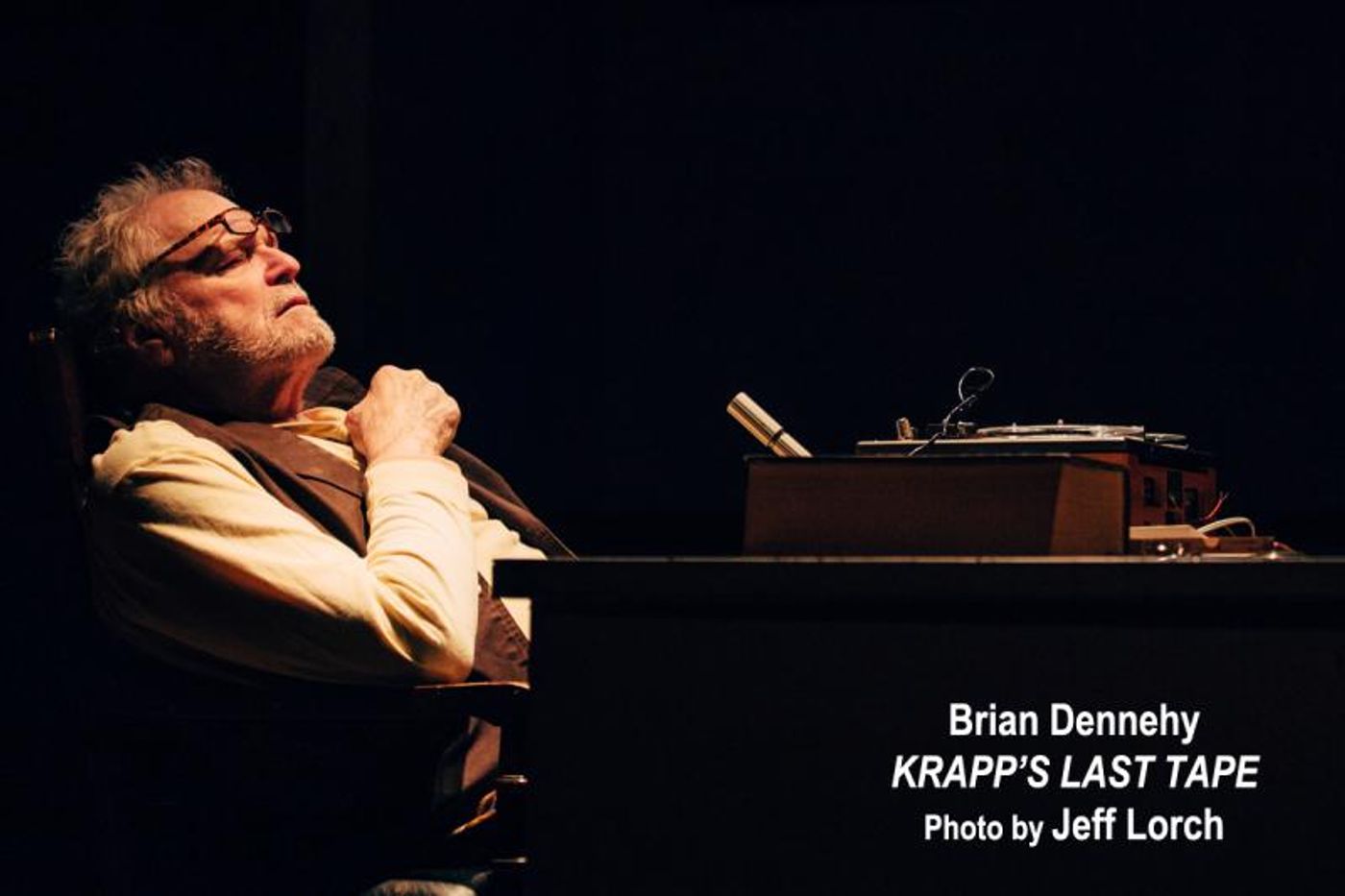 I did AH, WILDERNESS a few seasons ago. I was very proud of that production. We took a few liberties with that. They all worked and I was very pleased.
I did AH, WILDERNESS a few seasons ago. I was very proud of that production. We took a few liberties with that. They all worked and I was very pleased.
The idea of doing a play that goes into a rotating repertory, that's one of the holy grails of theatrical presentation. That doesn't affect me as much as I'm the director, but I love to be a part of it. They too have a quite strong company which you can draw many of the parts. That's always attractive. They pretty much left me alone to just do what I want to do, which, by the way, is what they do at the Geffen. That's great when you don't feel anyone breathing down your neck about the choices that you make and just decides to trust you. That's kind of sweet.
Thank you again, Steve! I look forward to experiencing your latest directorial magic in HUGHIE & KRAPP'S LAST TAPE.
For ticket availability and show schedule through December 16, 2018; log onto www.geffenplayhouse.org
Videos

